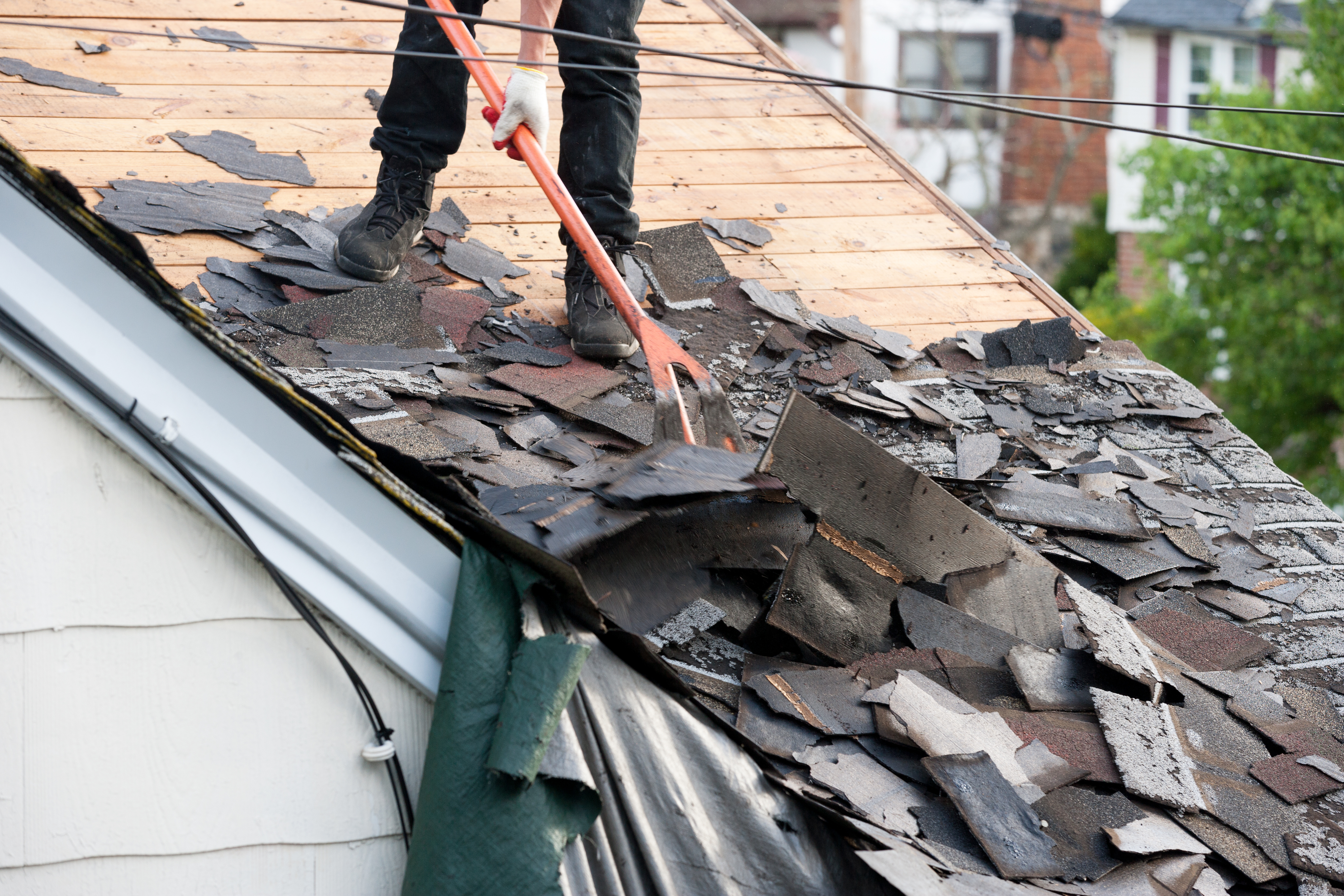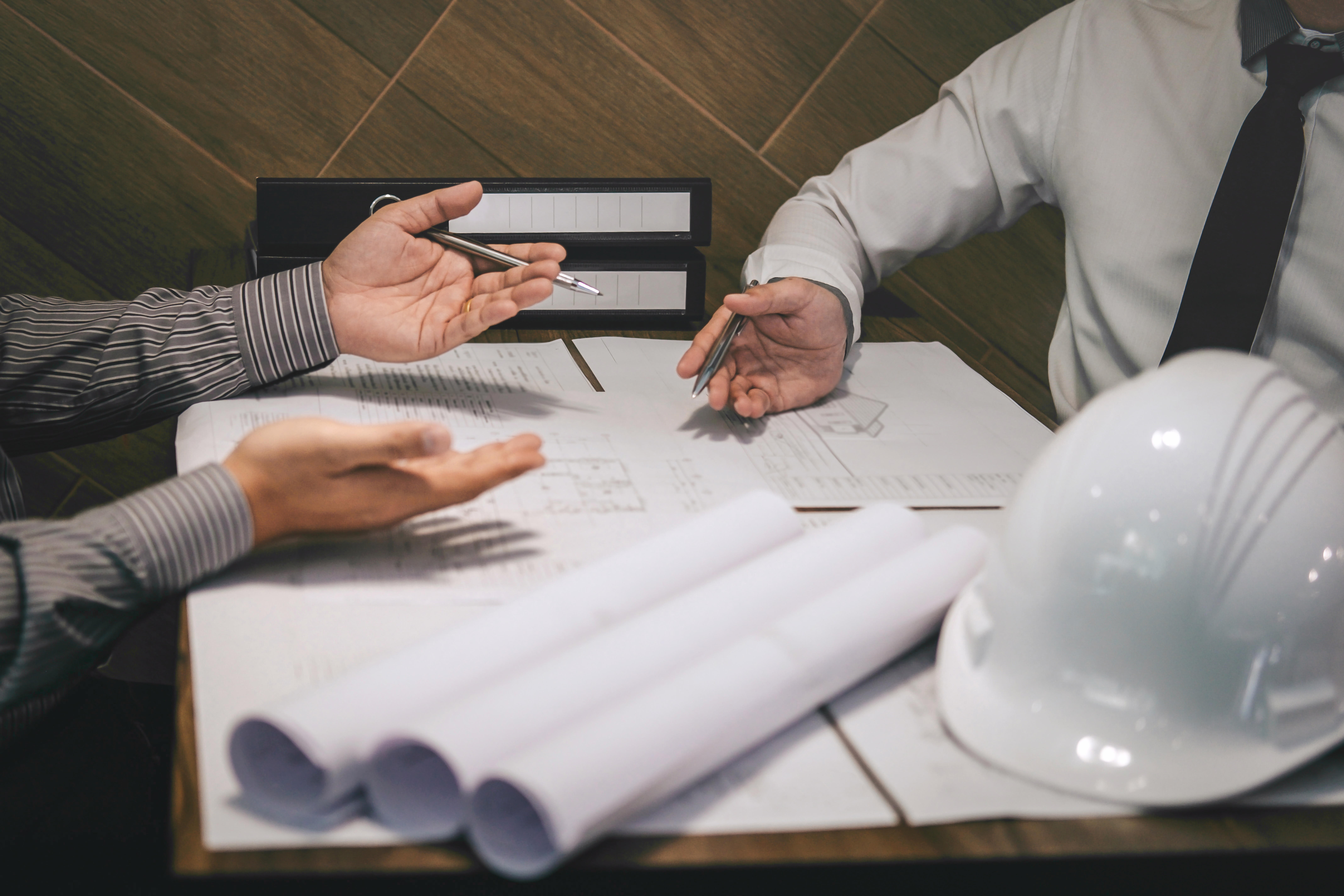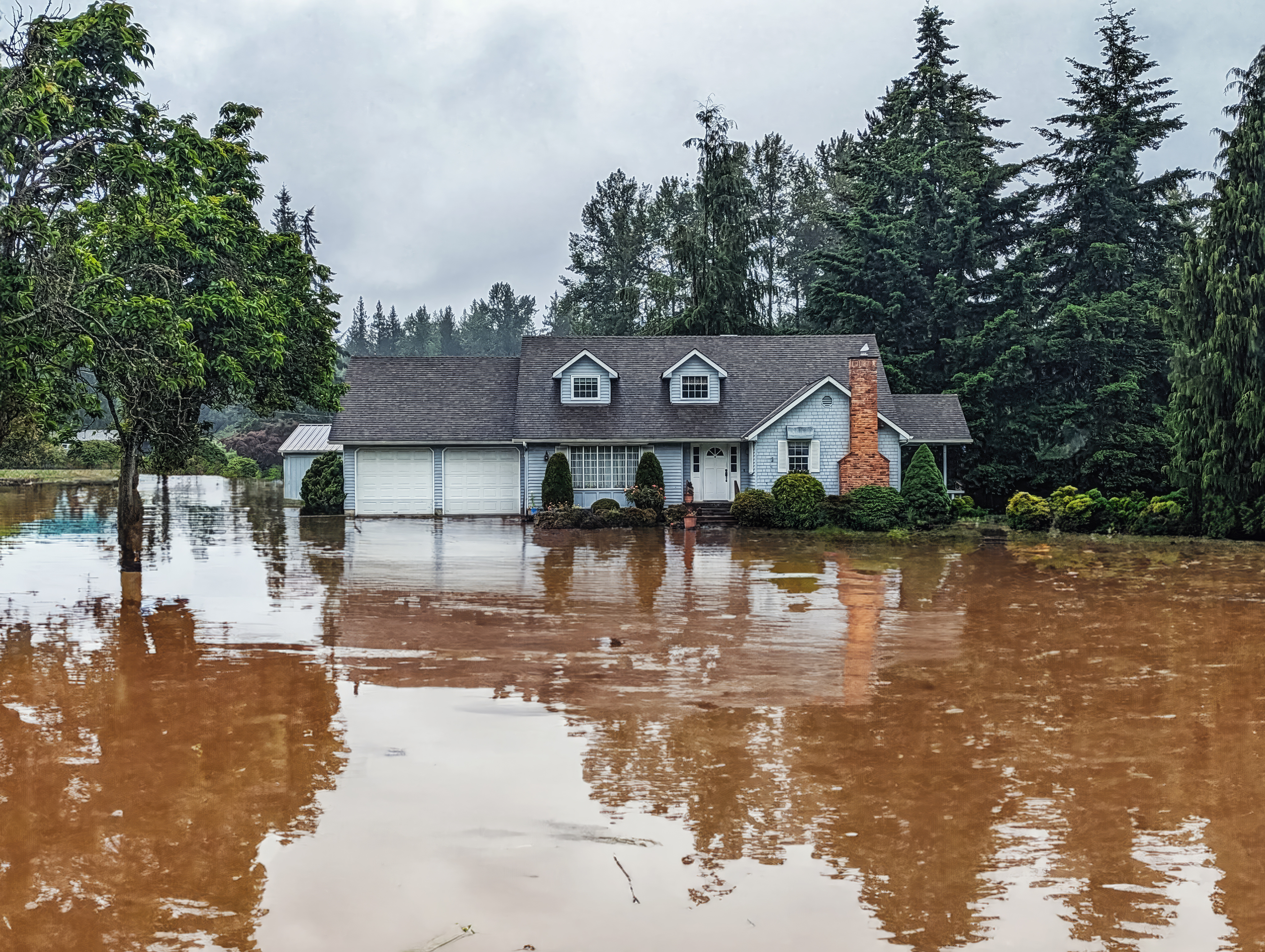Colorado is second in the nation for hail insurance claims, making it a hotspot for both legitimate roofing contractors and scammers looking to take advantage of unsuspecting homeowners. CBS News, as well as the Colorado Roofing Association, recently reported on the growing problem of roofing scammers. Severe weather, especially hailstorms, can cause significant damage to roofs, leading to an influx of roofing companies offering their services. However, it's important to distinguish between reputable contractors and fraudulent ones to avoid falling victim to roofing scams.
Common Roofing Scams in Colorado
1. Storm Chasers
Storm chasers are contractors who follow severe weather events to find quick roofing jobs. They often appear shortly after a storm, offering immediate repairs. Here’s how to spot them:
- Licensing and Insurance: Verify the roofer's license and insurance. Contact your local city or municipality building department or Colorado's Department of Insurance Coverage to confirm their credentials.
- Referrals: Ask for referrals from people you trust. Scam artists usually cannot provide genuine references.
- Written Contracts: Make sure you get a written contract outlining all details of the work. Avoid contractors who pressure you to sign on the spot.
- Research: Get multiple bids before committing. Check for out-of-state license plates, which can indicate storm chasers who are not locally based.
2. Door-to-Door Scams
These scammers target homeowners by going door-to-door, especially after a storm. They use high-pressure tactics to convince homeowners to sign contracts immediately. Signs of door-to-door scams include:
- High-Pressure Sales: Legitimate contractors do not pressure you to make immediate decisions.
- Out-of-State Plates: Many scammers drive new pick-up trucks with out-of-state plates.
- Unusual Claims: Be cautious if they claim to have leftover materials or say they worked for a neighbor.
3. Roofing Insurance Scams
Some contractors might manipulate insurance claims for their benefit. To avoid these scams:
- Proof of Insurance: Always ask for the contractor's workers' compensation and general liability insurance proof. Verify this information with the insurance company.
- Transparency: Reputable contractors will be transparent about their insurance coverage and provide verification directly from their insurance agent.
4. Unlicensed Roofing Contractors
In Colorado, roofing contractors are not required to have a statewide license, which can lead to unlicensed contractors offering their services. Risks of hiring unlicensed contractors include:
- Legal Liability: Homeowners may be liable for any injuries or damages if the contractor is uninsured.
- Poor Workmanship: Unlicensed contractors often deliver subpar work, which can lead to more significant problems and expenses later.
How to Choose a Legitimate Contractor
1. Beware of High-Pressure Tactics
Legitimate contractors will give you time to make an informed decision. Avoid those who use scare tactics or pressure you into immediate action.
2. Verify Credentials
- License Number: Ask for and verify the contractor's license number with your local building department.
- Insurance and Bonding: Check to see the contractor is bonded and carries liability and workers' compensation insurance.
3. Get Multiple Bids
- Obtain at least three written bids and compare them carefully. Avoid choosing the lowest bid without considering the contractor's reputation and the quality of materials and work promised.
4. Use a Written Contract
- A comprehensive contract should list materials, costs, and a completion date. Pay little or nothing upfront, and use a credit card to keep a record of payments.
5. Check for Local Presence
- Double check to see the contractor has a local address and a proven track record in your community. This indicates they are established and likely to stand behind their work.
By following these guidelines, homeowners can protect themselves from roofing scammers and have confidence that their roofing repairs are handled by reputable, skilled professionals. Always remember to do your due diligence before hiring a contractor, especially after a severe weather event.





